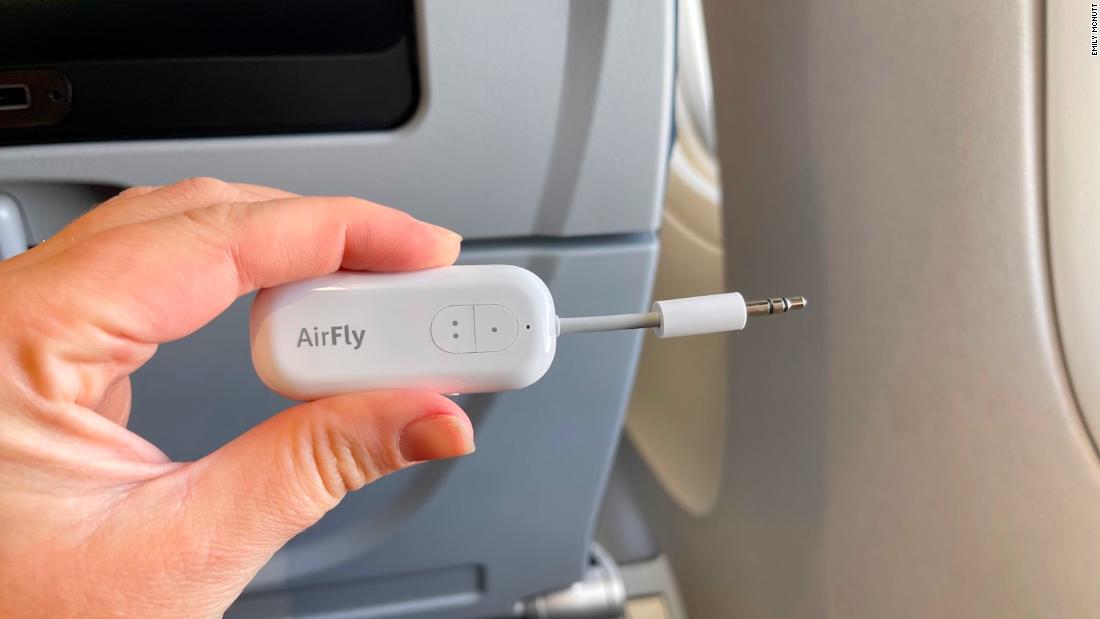ARTICLE AD BOX
President Trump’s tariff plan is a “drastic overdue change” that will pry open foreign markets for U.S. companies and create an economy that produces real goods and solid jobs for Main Street America, the U.S. trade representative told Congress on Tuesday.
U.S. Trade Representative Jamieson Greer said Mr. Trump’s tariffs will go into effect as planned, coupled with immediate negotiations with trading partners. He said for too long, the U.S. has allowed trade deficits with China and other nations to climb at the expense of American manufacturing.
“The situation is urgent,” Mr. Greer told the Senate Finance Committee. “We must move away from an economy that’s based solely on government spending and the financial sector, and we must become an economy based on producing real goods and services that provide jobs for middle-class Americans and their communities. This adjustment may be challenging at times. In a moment of drastic overdue change, I’m certain the American people can rise to the challenge as they’ve done before.”
Mr. Greer took the hot seat on Capitol Hill as global markets and leaders try to unpack the fallout of Mr. Trump’s decision to impose 10% tariffs on all imports and heftier levies on select countries that sell plenty of products in the U.S. but buy far fewer goods from U.S. producers.
Mr. Trump’s decision to impose huge tariffs caught some investors, including his supporters, off guard, and European allies said they are prepared to retaliate if negotiations fail.
Sen. Ron Wyden, Oregon Democrat, said Americans are watching their retirement savings fall with U.S. stocks, and it is unclear what Mr. Trump’s tariffs are supposed to accomplish. White House officials are pointing to higher revenue from tariffs and saying the goal is to onshore jobs to the U.S., which would ultimately decrease tariff revenue.
“What is the plan? In the last week, the White House has been all over the map when it comes to this question,” Mr. Wyden said.
Mr. Wyden plans to put forward a resolution that would hit pause on Mr. Trump’s tariff power, though the measure is unlikely to get traction in the House if it passes the Senate.
“This is a call to action,” Mr. Wyden said. “Congress must step in to rein in this president on trade.”
Mr. Greer struck an optimistic tone, saying at least 50 countries are looking to negotiate fairer trade terms, which should open up markets for American producers. He said China is an exception, which is wielding retaliatory tariffs against the U.S.
Tariffs are a tax or duty paid by importers on the goods they bring in from foreign markets. Importers of record, typically U.S. companies, pay the tariffs and sometimes pass along the costs to consumers in the form of higher prices.
For years, Mr. Trump has focused on tariffs as a way to give the U.S. leverage in trade deals. He is laser-focused on trade imbalances with other countries, in which the U.S. buys more goods from a trade partner than it sells to that country.
Some Republicans said they were optimistic about efforts to level the playing field. But they said countries like Vietnam, which was hard-hit by Mr. Trump’s tariffs, can buy only so much from Americans.
“Bringing down trade barriers would be helpful so that they would accept American products to be sold there,” Sen. James Lankford, Oklahoma Republican, said. “Most countries in the world are never going to buy as much as we’re purchasing because we just purchase a lot more from there.”
Sen. Mark Warner, Virginia Democrat, said the U.S. has a trade surplus with Australia and a free-trade agreement, so he wasn’t sure why they faced a 10% tariff.
“They are an incredibly important national security partner. Why were they whacked with a tariff?” Mr. Warner said.
Mr. Greer said the U.S. should be “running up the score” with Australia and said the country bans U.S. pork and beef. He repeated Mr. Trump’s belief that the U.S. must reduce its global trade deficit.
“You’re a much smarter person than that answer,” Mr. Warner said. “We’re looking like an economy that will be in hospice.”
Mr. Greer defended Mr. Trump’s focus on trade imbalances, saying they made the U.S. too reliant, for instance, on foreigners for military equipment and pharmaceuticals. He said European nations send shellfish to American consumers all the time, yet ban similar exports from most U.S. states.
Mr. Greer said Mr. Trump’s auto tariffs are producing results, citing automakers who aren’t cutting production and a bevy of nations who came forward to strike trade deals.
Committee Chairman Mike Crapo, Idaho Republican, said it is normal to have questions and concerns about the impact of tariffs.
Mr. Crapo said potential price increases are one concern, yet “tariffs can advance American interests in market access.”
“Free trade, by definition, must be reciprocal,” Mr. Crapo said. “We do not have it if others can impose barriers on us unchallenged.”

 1 week ago
10
1 week ago
10








 English (US) ·
English (US) ·